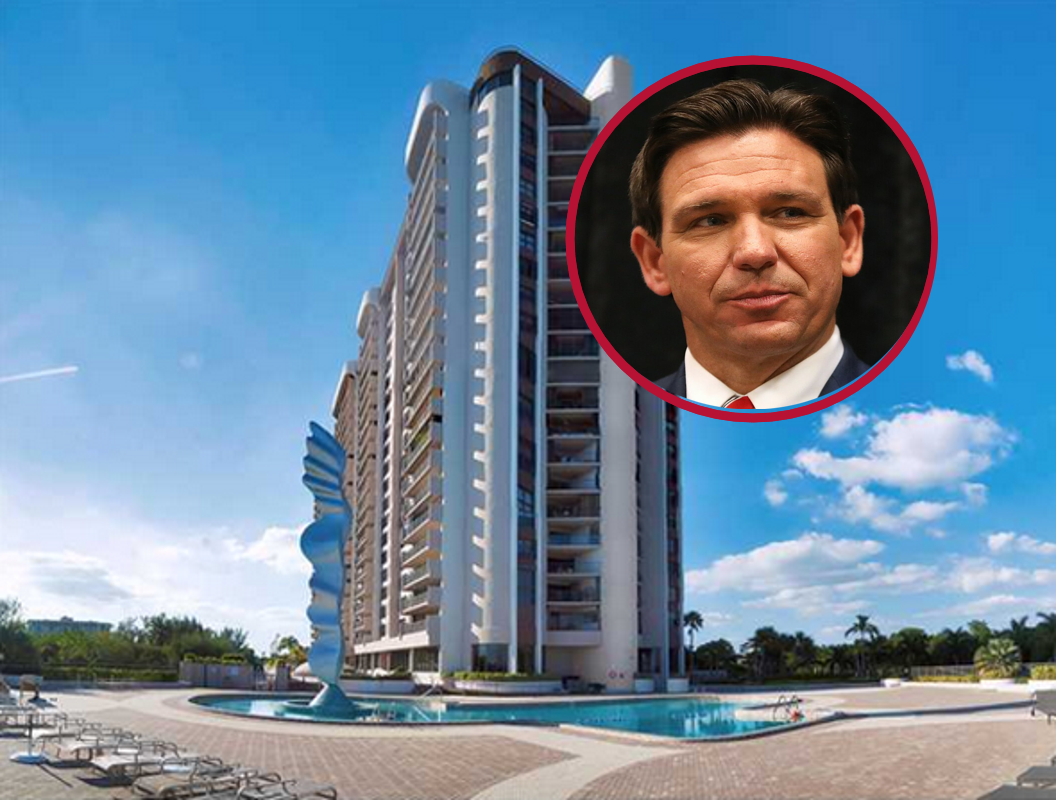Governor Ron DeSantis has signed into law HB 1021, which will overhaul state regulations governing condominium oversight and management effective July 1. The legislation, unanimously passed by the Legislature in March, aims to bolster accountability among condo boards regarding maintenance, repairs, reserves, and recordkeeping.
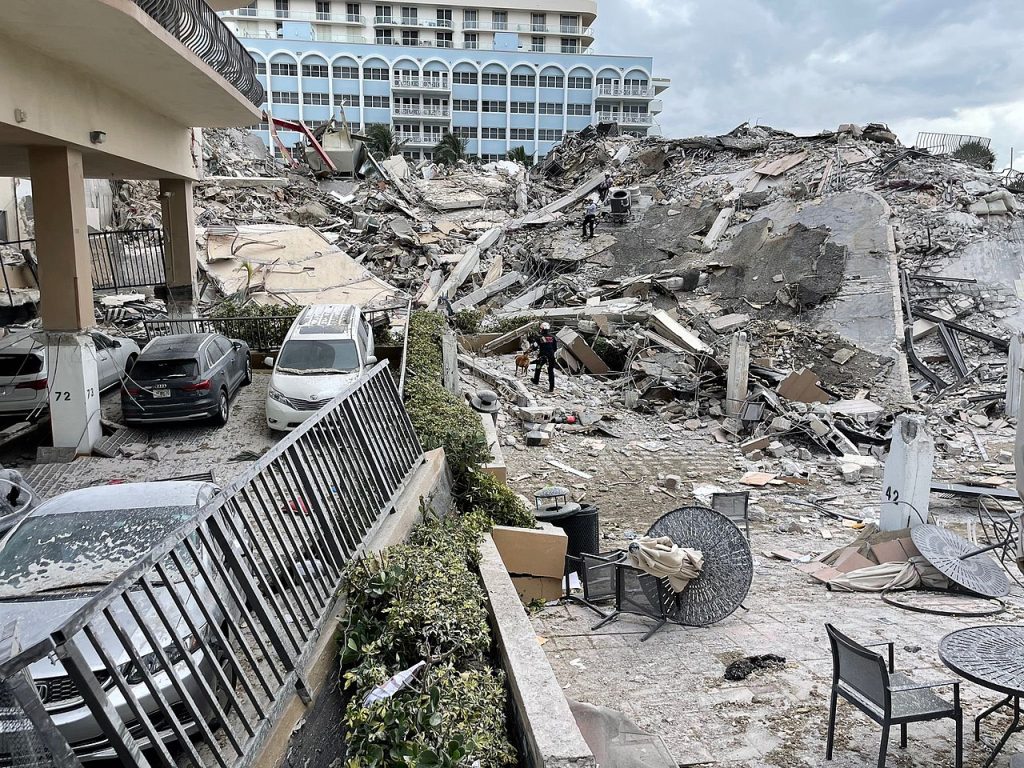
This legislative response follows heightened scrutiny after the tragic 2021 Surfside condo collapse, which claimed 98 lives due to structural deficiencies. One of the significant provisions of HB 1021 mandates stricter safety standards and more frequent inspections for condos statewide.
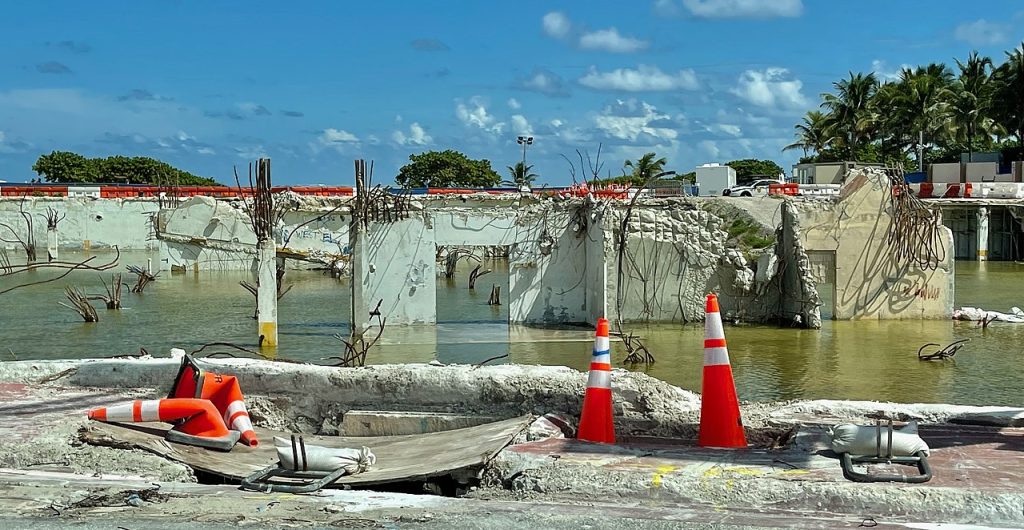
Consequently, condo associations are raising fees to establish larger reserves necessary for compliance and future repairs. However, these measures have imposed substantial financial burdens on condo owners, particularly in South Florida, where many are confronting hefty special assessments.
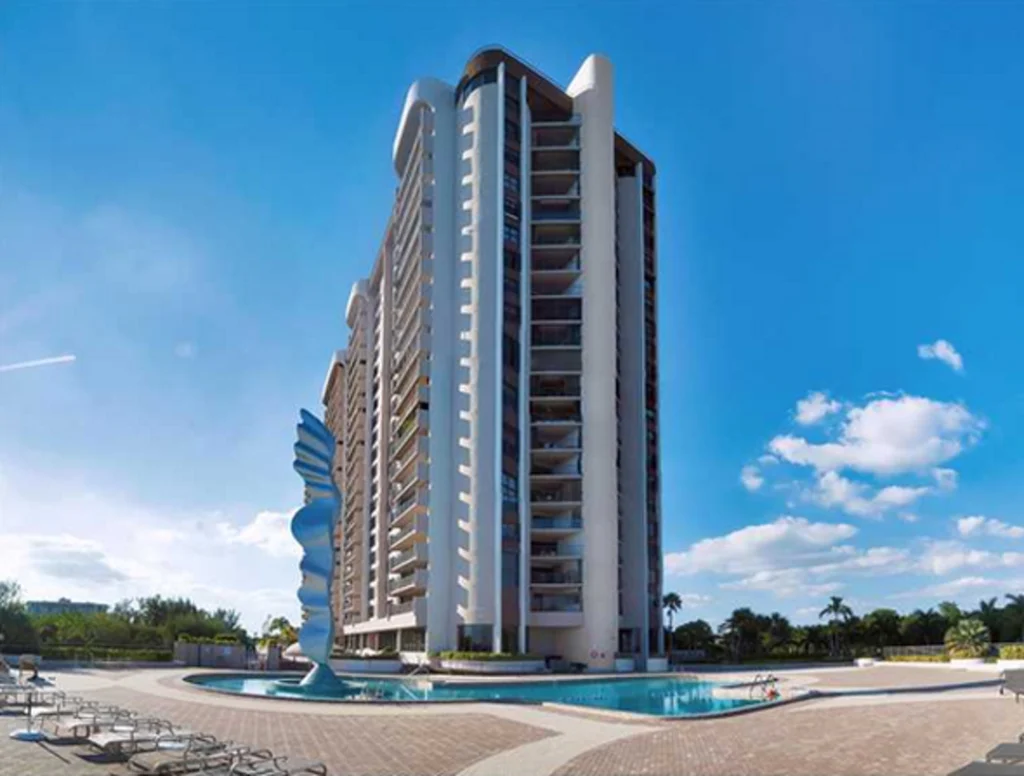
For instance, residents of the Cricket Club condominium tower recently faced a proposed $30 million special assessment. This assessment, averaging over $134,000 per unit, aims to fund critical repairs such as roof replacements and façade waterproofing. These costs have prompted an exodus of homeowners who find themselves unable to meet the financial demands, leading them to sell their properties at reduced prices.
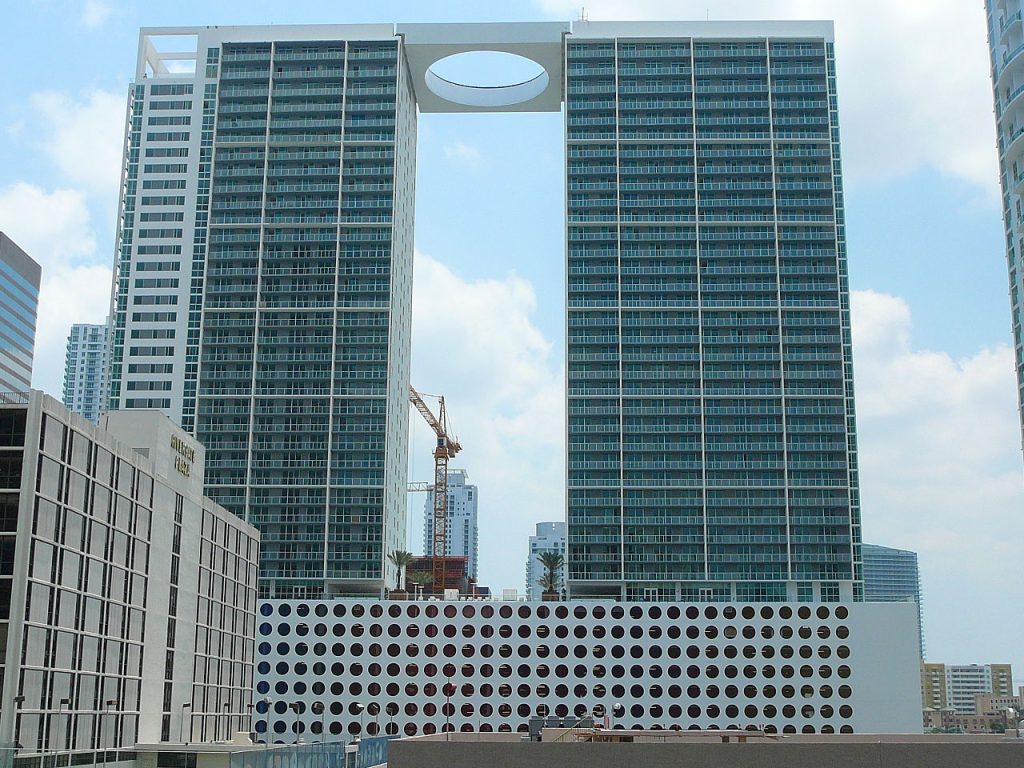
According to reports, the inventory of condos for sale in South Florida has more than doubled since early 2023, driven primarily by rising insurance costs and unexpected repair fees for older buildings. Real estate experts anticipate this trend may persist as more buildings struggle to pass inspections and meet new safety requirements mandated by the state.
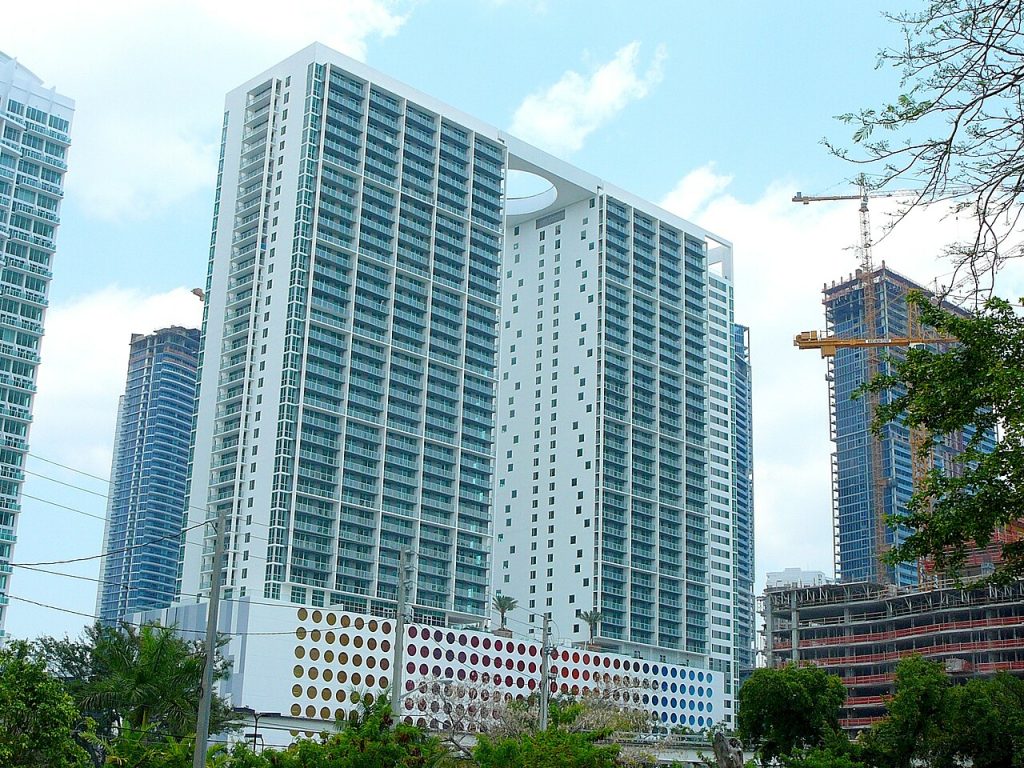
Property agents in Fort Myers have observed a significant uptick in condo listings compared to previous years, attributing the surge to higher association fees. Association fees have surged by 20% to 25% on average, causing anxiety among prospective buyers wary of future assessments.

Many condo owners have found these assessments financially devastating. One resident, who purchased her condo in the Cricket Club for nearly $500,000, faced a six-figure assessment just two years later. Unable to afford the unexpected cost, these owners have been forced to sell their properties at steep discounts compared to their original purchase prices.
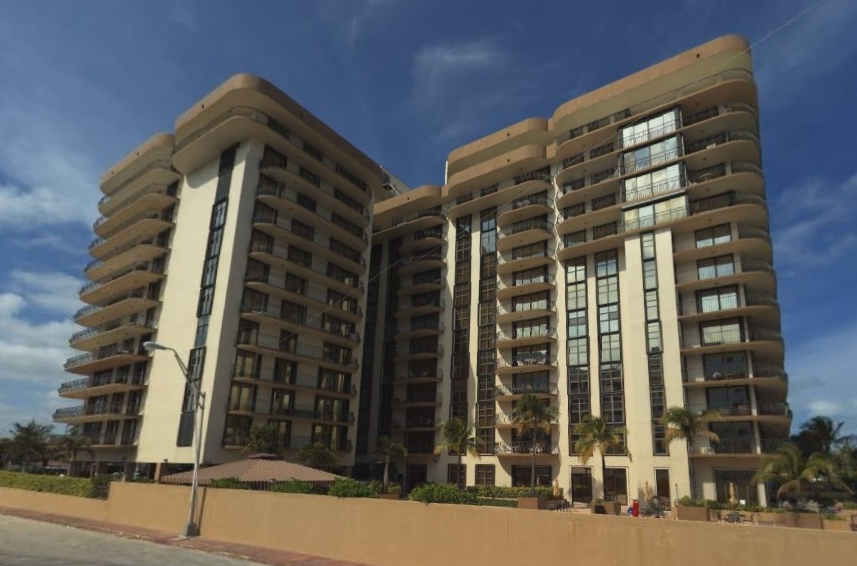
Despite efforts by some residents to challenge these assessments through complaints and documentation, the impact on South Florida’s real estate market remains palpable. An executive managing director at Colliers warned that the current situation may only be the beginning, as more condo associations confront the reality of substantial repairs and regulatory compliance costs.
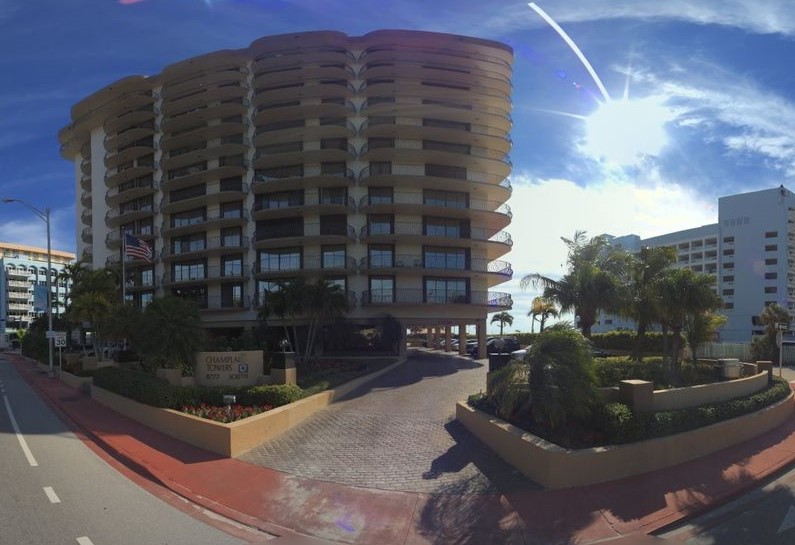
Moving forward, the implementation of HB 1021 signifies a significant shift in how Florida regulates its condominiums, aiming to prevent future disasters while ensuring financial transparency and accountability among condo boards.
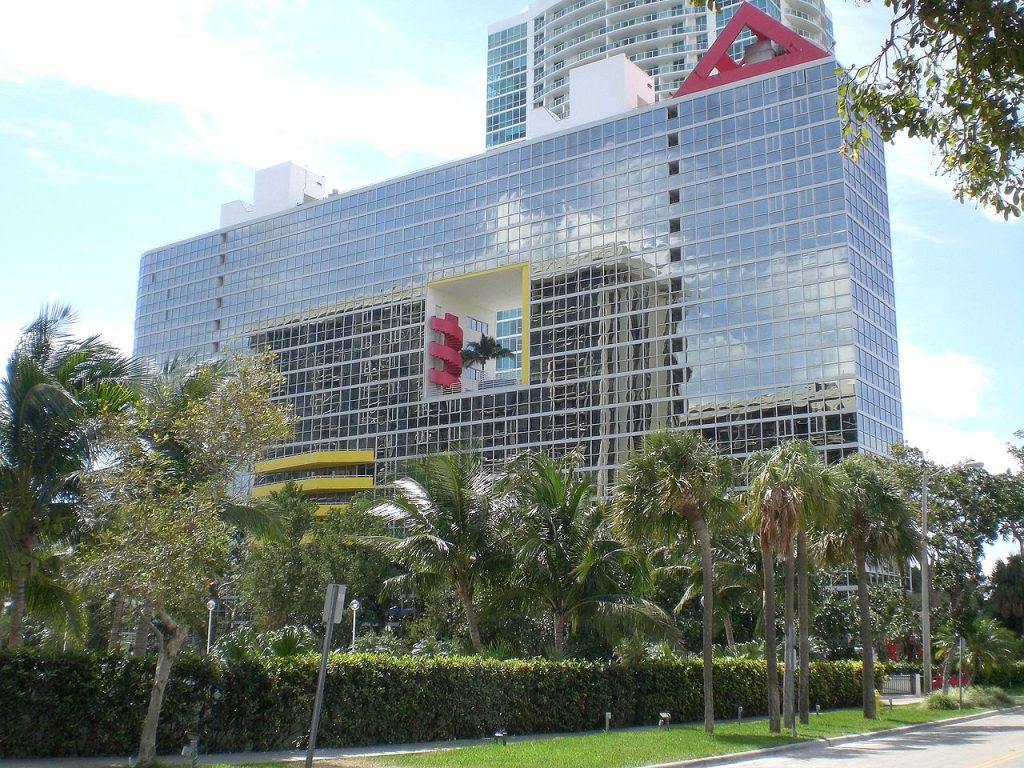
As associations and residents adjust to the new legal landscape, the broader implications for property values and market stability in South Florida remain uncertain, contingent upon how effectively these reforms are implemented and enforced.

